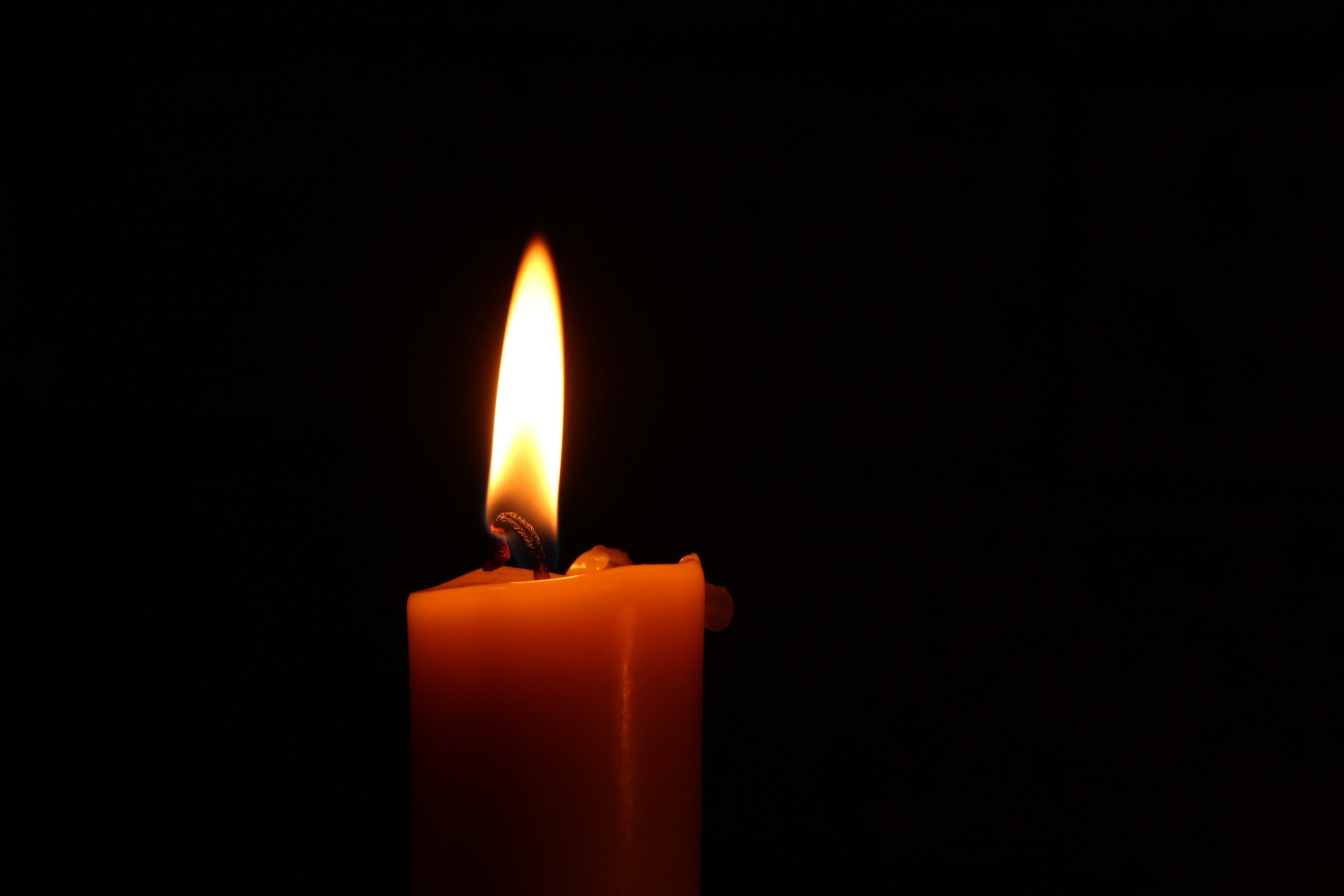
Memory alone is not enough
Israel must take all measures within its power to prevent acts of genocide in Gaza, said the International Court of Justice yesterday. With the world watching, the Court repudiated Israel’s request that the case be thrown out and instead concluded that the risk of genocide was plausible. The ruling is a historic victory for the Palestinian people and the rule of law itself. It offers real hope that the impunity with which Israel has been operating may be running out and that the complicity of other states will become harder to justify.
In timing that is apposite, to say the least, today, 27 January, marks Holocaust Memorial Day – a day founded to remember the Holocaust and, according to the UK’s Holocaust Memorial Day Trust, ‘to reflect on atrocities that have taken place subsequently that demonstrate humanity’s failure to learn the lessons of the Holocaust.’
I want to talk not about what happened subsequently but about what happened consequently. In the wake of the Holocaust, the international community agreed to never let such horrors be seen again. The atrocities of the Holocaust and the horrors of World War II were central factors in the creation of our shared human rights framework: legal instruments enshrining our rights and freedoms and the shared responsibility of states to protect them. Since the atrocities of the Holocaust (or Shoah) lacked a definition commensurate to their savagery, in 1948, the international community agreed upon a treaty outlawing the crime of genocide.
But it was also the Holocaust that was precipitous in Zionism’s transition from fringe belief amongst certain Jews into something more mainstream, a convenient solution for European governments less than willing to take in thousands of refugees. Israel became a nation-state in 1948, beginning a history defined by conflict in which the present-day situation is but the latest tragic instalment. With more than 25,000 dead and almost 2 million displaced in Gaza since 7 October 2023, if you are reading my words today, my hope is that the monstrous irony of all this is not lost on you.
As entire families are being wiped out and a country, its history and culture, is razed to the ground, the question of genocidal intent, just like solidarity with Palestinians in general, is seen by some as an act of antisemitism. To use the word genocide, it is said, to describe a situation where the daily death rate is higher than any other major 21st-century conflict, dishonours the memory of the Holocaust. The Chief Rabbi of the Commonwealth recently described this as a ‘moral inversion’.
Presumably, in this view, the memory of the Holocaust remains safely unbesmirched as it is repeatedly wheeled out to justify the senseless killing of Palestinians and the occupation of their land, or when an Israeli delegate wore a yellow star bearing the words ‘Never Again’ at the UN, or as again and again the crimes of Hamas are folded neatly into overarching narratives of antisemitism without reference to 76 years of occupation. Are these not the moral inversions? Are these not making a mockery, not only of the memory of the Holocaust but of the concept of memorialisation itself?
Here we see the limits of memorialisation laid bare; despite all the years of remembering, the horrors of the Holocaust have not only been seen again in echoes and parallels all over the world but are actually appropriated and instrumentalized in service of an ethnonationalist regime with no regard for human rights. Jewish fear is necessary to justify Palestinian oppression. A spectre of antisemitism, reaching a zenith in the Holocaust, and a so-called fight against it are wielded as propaganda by Israel just as they are kicked around like a football in British parliamentary politics. That is to say, don’t mistake this appropriation of a struggle against racism for the real thing.
Are the barbed-wire confines of the Westphalian nation-state really the best thing we can imagine to keep Jews safe? Shouldn’t a people with so many pages of history written in diaspora be inclined to solidarity and love that know no border? With these words, I hope to make a case for a solidarity that is proudly rooted in identity’s power to bind us together rather than rip us apart. Genocidal regimes rely on the denial of common humanity and the mass acceptance of dehumanization; to refuse to fear, to hate, our Palestinian cousins is to refuse those same mechanisms that result in our own oppression.
It is, of course, true that some criticism of Israel comes from a foundation of antisemitism. It is also true that the current surge in this long conflict, like many others, has spurred agonizing acts of antisemitism across the globe. But we cannot let these facts stop us from calling for nonviolence, cooperation, internationalism, peace, freedom, the rule of law and the rights of every human. These were the principles underlining the international conventions written in the 1940s and subsequent decades that enshrined our rights in law. We need them now more than ever. We can struggle against antisemitism without making an enemy of innocent people.
Holocaust Memorial Day asks us to reflect on other legally recognised genocides. In other words, it asks Jews to consider what we have in common with Rwandans, Cambodians, Bosnians. What about our Palestinian cousins? It will take months to determine whether or not what is happening in Palestine right now is a genocide according to international law. But we don’t have to wait for that. And we shouldn’t.
To honour the memory of the Holocaust is to translate memory into action. We must not allow it to be appropriated. In remembering its reality, we must harness the awakening momentum of solidarity to reject the narratives that have too long validated violence against Palestinians, Islamophobia and antisemitism. Memory alone is not enough. The complicity of states must end. Never again is now. It must be for everyone, or we have learnt nothing.
 David Tomaseti/Unsplash.
David Tomaseti/Unsplash.



